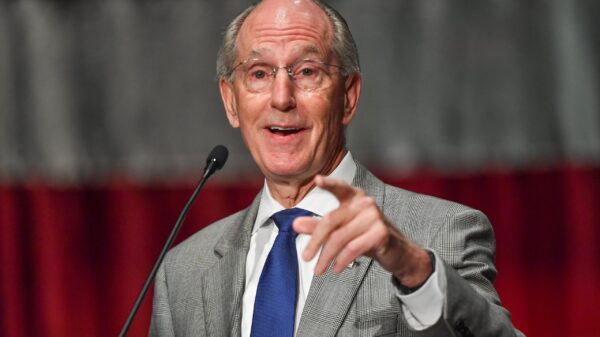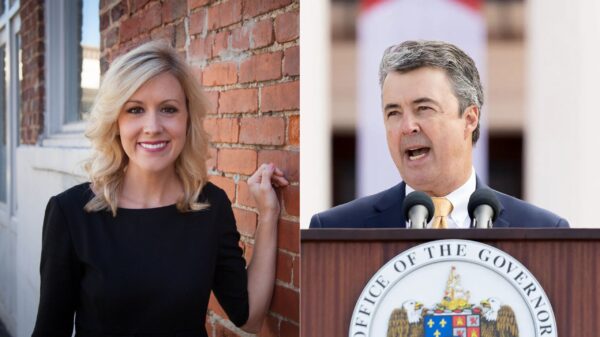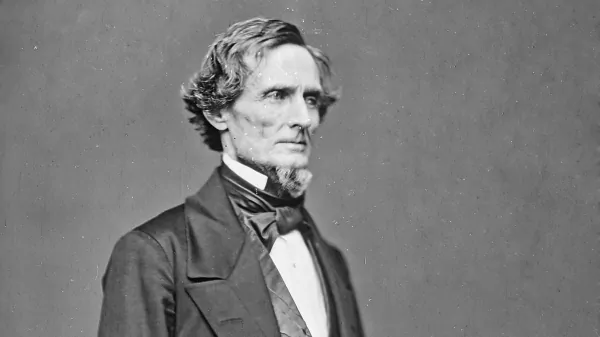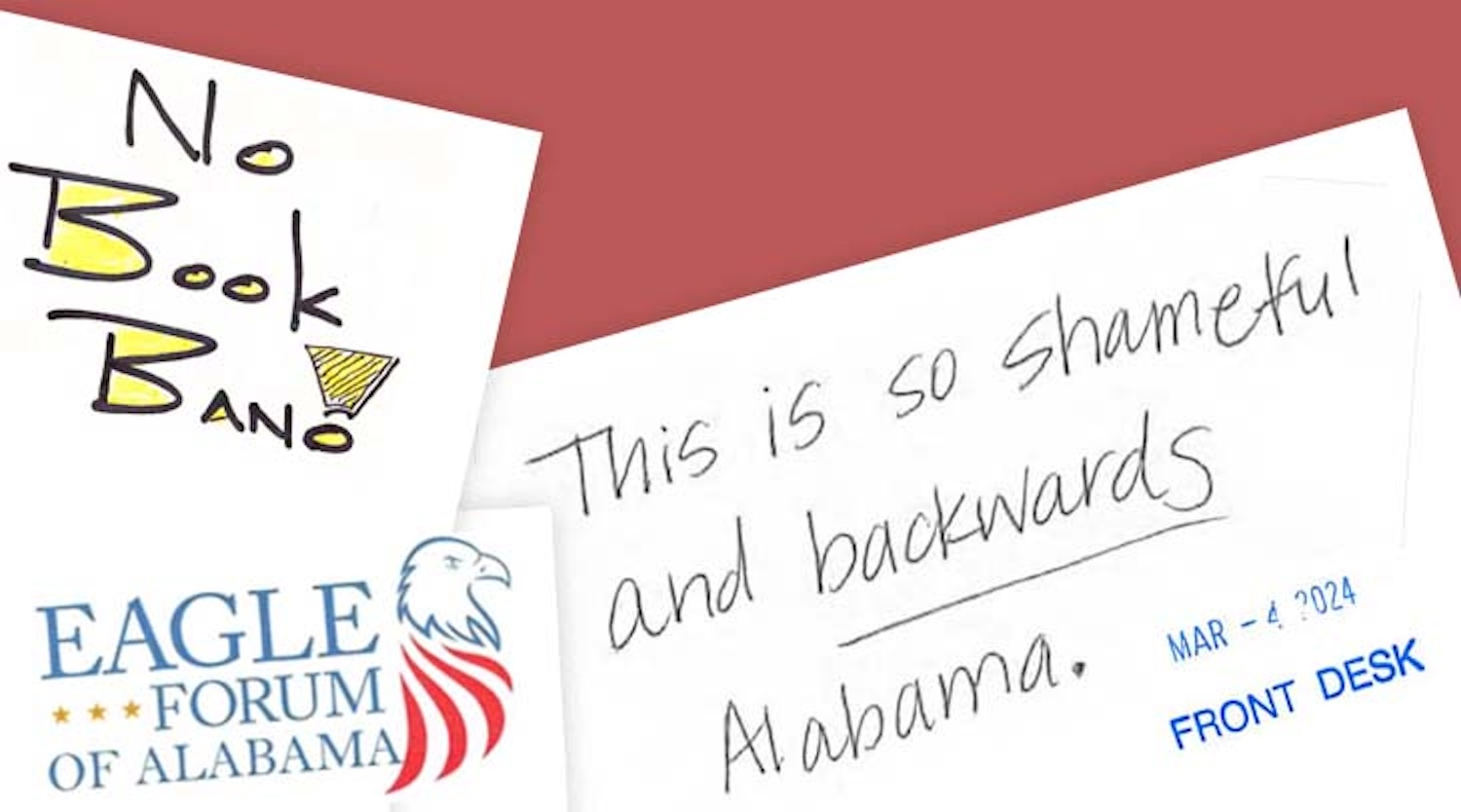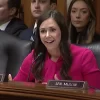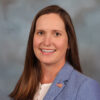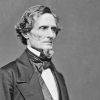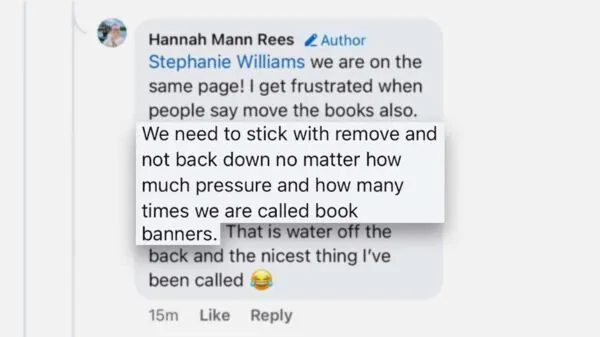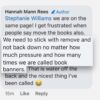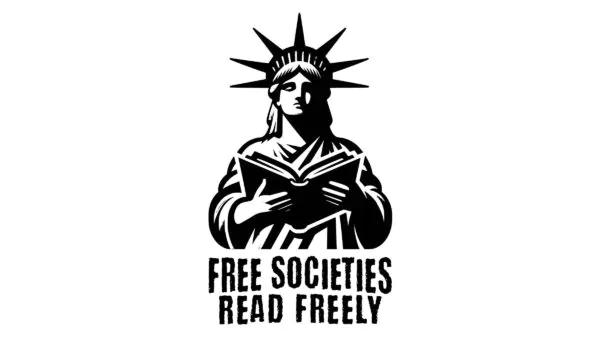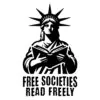The Alabama Public Library Service released a server link Monday that purportedly includes every letter submitted to the agency regarding changes to its administrative code during a 90-day public comment session this year.
The agency also categorized the types of letters it received, although there is a discrepancy between the total number of letters the agency said it received and the sum of the numbers included in the agency’s breakdown. APR is working to do an independent review of the digitized records to double-check the classifications and numbers of letters.
At a glance, the digitized documents appear to generally support the categorical breakdown provided by the agency.
The breakdown from APLS states 6,475 letters were received—however the breakdown of the letters into categories only adds up to 4,342 letters. The PDFs provided by APLS add up to 6,454 pages with numerous letters spanning two and sometimes even three pages. Patterns within the documents suggest the total number of letters across all the PDF pages could approximately align with the 4,342-letter total.
Only 187 letters outright supported proposed changes made by Gov. Kay Ivey. That is just 4.3 percent of letters if the total number of letters is 4,342. If the total is actually 6,475, the supportive letters are an even smaller 2.9 percent. The remainder of this article will assume the 4,432 figure until further clarification is provided by APLS.
According to the APLS categorical breakdown, the largest chunk of letters supported the Eagle Forum proposed changes to the administrative code, changes synonymous with suggestions from Clean Up Alabama and an amendment proposed by board member Amy Minton. APLS counted 2,179 letters in support of Eagle Forum’s changes, a 50.2 percent majority of all letters. APR’s review found little to no original letters in support of the Eagle Forum proposals, only the organization’s form letter which was promoted in part by Minton.
The second-largest chunk supported the Alabama Library Association recommended changes with 1,608 letters to that effect. Most of these were also form letters, although a few appear to have branched off to be more uniquely written by their authors. That makes up 37 percent of the letters submitted. These form letters actually propose the ALLA changes if the code must be changed; the letters state a preference for no change at all.
The remaining letters are almost all differing versions of opposition to the code changes: 169 letters (3.9 percent) said the code changes would undermine libraries and library boards, 44 (1 percent) said it is the responsibility of parents to monitor their children’s reading materials, 40 said (1 percent) said the codes were governmental overreach, 25 (0.5 percent) said the codes interferer with intellectual freedom, 15 (0.3 percent) said the code changes were censorship, 10 (0.2 percent) said the codes were discrimination, and 10 (0.2 percent) asked who would decide what material was inappropriate. Another 55 were categorized as miscellaneous, but APR’s initial review found that most of these appear to be opposed to book challenges in some way but did not directly address the code changes.
Altogether, the number of letters opposing the proposed changes or supporting the ALLA counterproposal totaled 45.5 percent. This closely resembles the breakdown of public comments at the April 30 public hearing held by APLS on the code changes, which was also closely split between roughly 90 speakers with a slight majority opposing book challenges in general. Many of the public comments on both sides during the hearing did not directly address the code changes but broader library battles.
What did the form letters say?
The Eagle Forum proposals appear as a souped-up form of policies passed at the Autauga-Prattville Public Library and the amendment sponsored by Minton.
The letters called for the APLS code to require libraries to pass selection policies that prohibit materials for minors that include “obscenity, sexual conduct, sexual intercourse, sexual orientation, gender identity/ideology, gender discordance, bestiality or breast or genital nudity.”
The form letter also called for “necessary safeguards” such as “minor’s library cards” that prevent minors under 18 from checking out any material from adult sections.
While advocates closely tied to Eagle Forum, Clean Up Alabama, Moms for Liberty and so on have repeatedly claimed that they do not support removing books—but the form letter from Eagle Forum asked APLS to require local libraries to take a stance that “removing a book from a local library which is deemed to be harmful or does not meet community standards is not ‘banning’ but should be considered part of the normal weeding process.”
APPL attorney Laura Clark in an email to since-terminated APPL Director Andrew Foster said books challenged by Clean Up Alabama at the library could be “weeded” at the request of board chairman Ray Boles without a meeting being required, despite Boles not requesting removal of the books. The APPL policy is also written so that books that would not meet the selection criteria should be weeded out of the collection.
The form letter asked the APLS to go a step further than simply withdrawing membership from the American Library Association, but to prohibit any expenditures of public funds toward the ALA or ALLA for any reason.
“An organization that promotes teaching librarians how to ‘queer the library’ or ‘how to have a radical catalog’ has no place in the teaching of Alabama librarians,” the form letter states.
The ALLA form letter states that “code changes are not needed at this time” and emphasizes the role of parents in deciding what materials their children access.
“I agree with the governor that parent bear the ultimate responsibility for supervising their children’s reading material, therefore I do no believe a change in state code is appropriate because that will improperly shift the responsibility for supervision from the parents to the state and to the libraries,” the letter states.
The counterproposal to code changes would have included requiring libraries to have an unsupervised minors policy, a reconsideration of materials policy and a reinforcement that libraries cannot stand in the place of parents.
Highlights from other letters
Not all letters were form letters—some residents sent more personalized messages to the APLS board. Most, if not all, of these were from people opposed to code changes.
Almost every letter from a librarian or library opposed code changes. The one exception appears to be a letter from the Aliceville Public Library supporting Ivey’s proposal.
One past and one current member of the O’Neal library board wrote in to oppose the changes.
“Our local library board is a great reflection of our community and should have the authority to govern under the existing rules already in place,” wrote the current board member, whose name was redacted. “I believe the proposed rules circumvent local control by dictating policies at the state level that are best determined by our own library board along with our incredible library administration.”
The Montgomery City-County library supported the ALLA counterproposal using official library letterhead. A member of the Homewood Public Library board also voiced their opposition to the code changes.
Other librarians , with names redacted, also wrote in their concerns.
“I love my job. I love being a public librarian,” wrote one individual. “… However, these book challenges/bannings, these far-right politicians and board members passing laws and policies that violate human rights is destroying my mental health. The proposed policy changes are discriminatory, unethical, unAmerican and disgusting.”
A retired librarian and great-grandmother reflected on a story of a pastor confronting her about a reference book regarding homosexuality in her university library years ago.
“Our head of reference (a politically conservative librarian) was horrified that someone would try to remove that book,” the retired librarian wrote. “… Librarianship is a fairly old profession. Efforts to ban books, control the selection of controversial material, and frighten librarians and boards with the threat of dismissal are not new. I think we all know what kind of society allows a minority to dictate to the majority. A free and democratic society promotes free access to information and does not allow censorship of ideas.”


